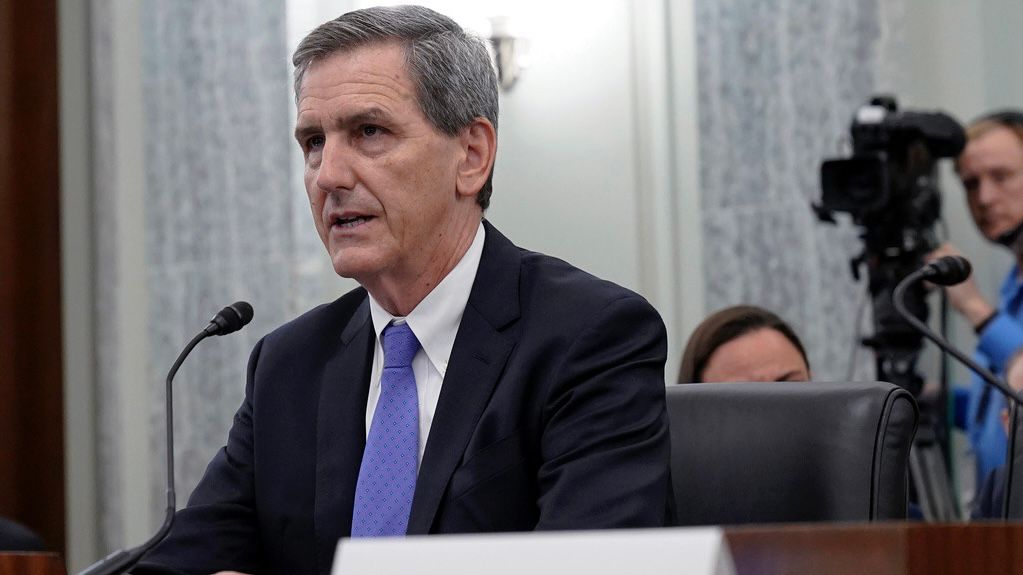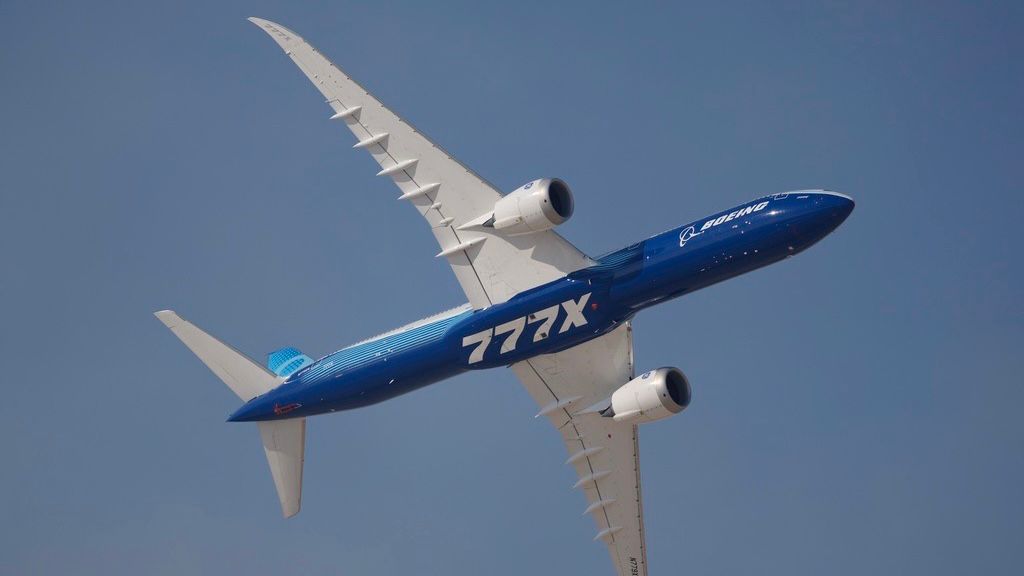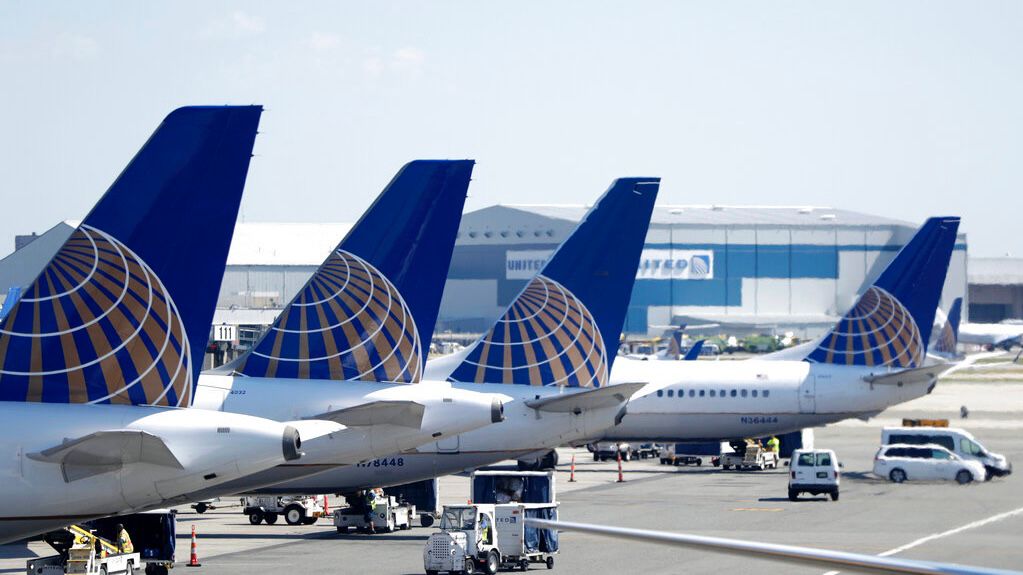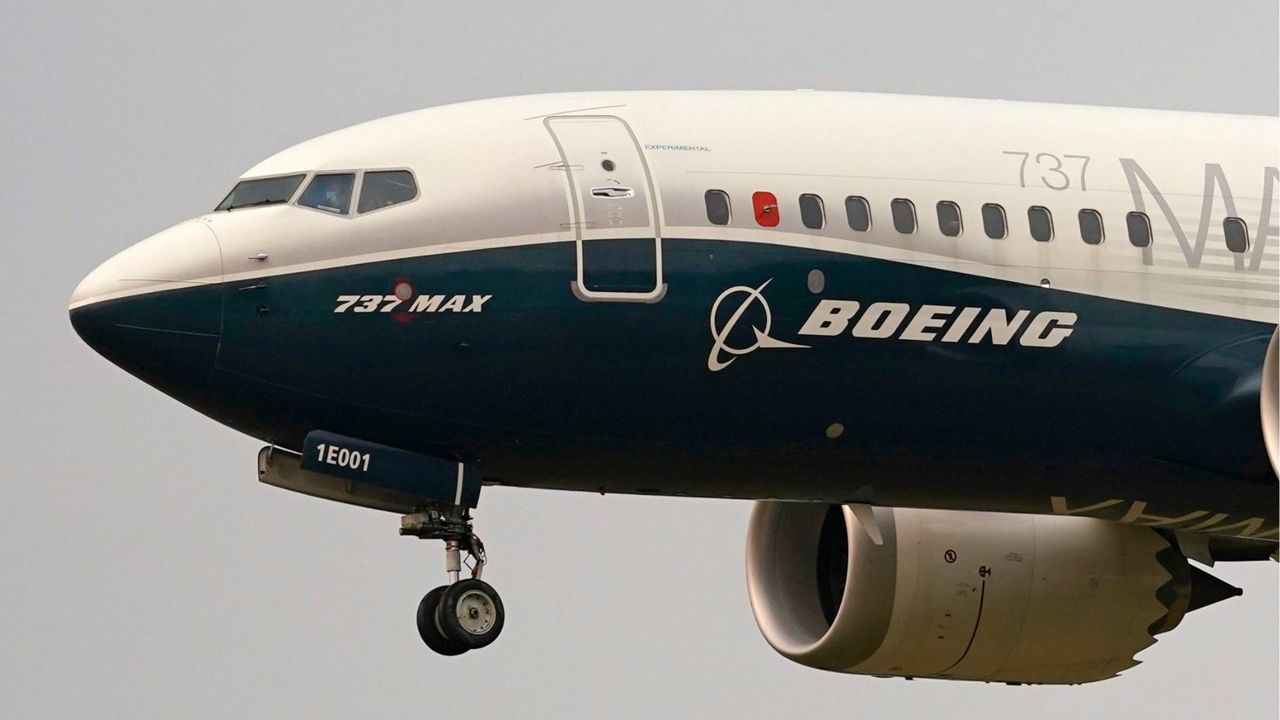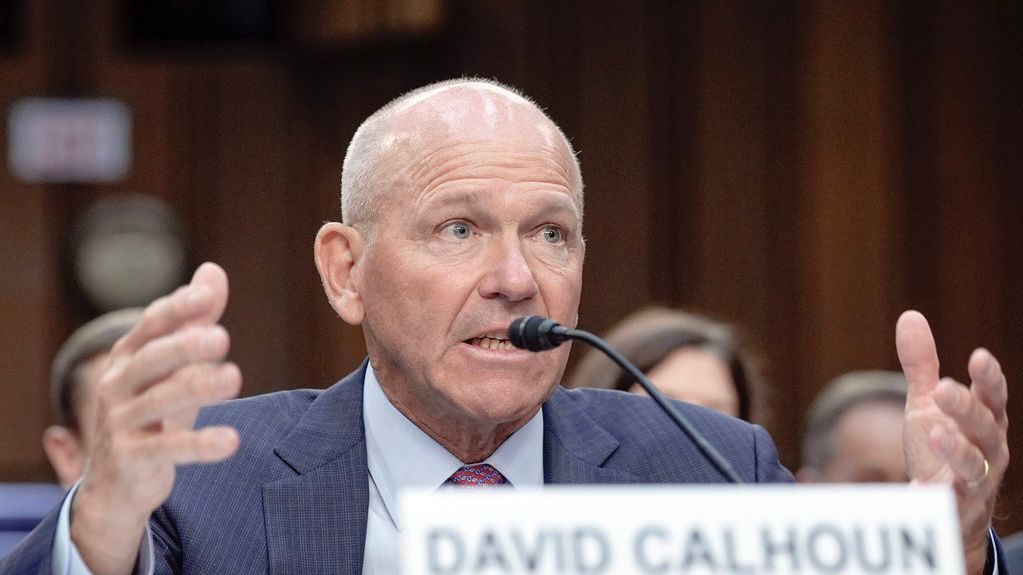Boeing will invest in workforce training, simplify its plans and processes, eliminate defects and improve its safety and quality culture as part of a federally mandated plan to address what the Federal Aviation Administration has called “systemic quality-control issues.”
The Seattle-based airplane maker is the subject of numerous investigations following a Jan. 5 incident involving its 737-9 MAX aircraft losing a door plug midflight and was ordered to submit its plan to the FAA by May 30.
"Many of these actions are underway and our team is committed to executing on each element of the plan," Boeing CEO Dave Calhoun said in a statement, hours after reivewing the plan with FAA administrators. The plan is based on findings from FAA audits of the company following the Jan. 5 accident involving a Boeing 737 plane.
FAA Administrator Michael Whitaker said Boeing's Safety and Quality Plan is “comprehensive” and includes “six very distinctive key performance metrics that we’ll be able to monitor in real time” that involve improving quality management and employee training. He said the plan includes cultivating “an environment where employees feel that they can speak up and raise safety issues.”
The safety plan will apply to all of Boeing’s commercial operations, not only its MAX planes, he said.
"Our plan is built on the feedback of our employees who know best how to design, build and deliver safe, high-quality airplanes," Boeing Commercial Airplanes CEO Stephanie Pope said in a statement. "We also incorporated the requirements and feedback from our regulator and welcomed the recommendations from our customers and industry experts."
Following a six-week audit of Boeing and its fuselage maker, Spirit AeroSystems, the FAA said in March it had identified issues of non-compliance in the airplane maker’s manufacturing process control, parts handling, parts storage and product control.
On Thursday, Whitaker said the FAA has put a couple dozen inspectors in Boeing’s factory as part of a move from auditing to inspection.
“We’ve always had significant staffing for oversight, but it was more focused on an audit approach to oversight rather than having actual inspectors in the building,” Whitaker said, adding that FAA people are on the floor almost every day.
In February, the FAA barred Boeing from increasing production of its 737 MAX planes following the Alaska Airlines incident. Production will not be allowed to increase until the company has addressed its safety issues, Whitaker said.
The National Transportation Safety Board reported in February that several bolts were missing on the door plug that blew off the Alaska Airlines Boeing 737-9 MAX plane, forcing an emergency landing. Its preliminary report said the bolts had been removed by Spirit AeroSystems to replace a different part of the plane but were never replaced.
In 2019, Boeing committed to a safety management system program that the FAA said must be extended to the company’s suppliers “to create a measurable and systemic shift in manufacturing quality control.”
Whitaker visited Boeing’s factory floor in Renton, Wash., in February to observe the 737 production line and to meet with mechanics and engineers who work on the plane. Boeing announced at the time it had removed the executive in charge of its 737 MAX program as part of a leadership shakeup to ensure the company’s planes meet or exceed quality and safety requirements.
The FAA Administrator said Thursday that he will continue to meet with Boeing’s CEO quarterly. Their next meeting will take place in September in Seattle.
In addition to overseeing Boeing’s plan, the FAA said it will conduct work culture surveys and will also have boots on the ground at the Boeing factory in Renton, Wash. Whitaker said the agency is currently certifying each aircraft that is coming off the Boeing production line to ensure they are safe.




